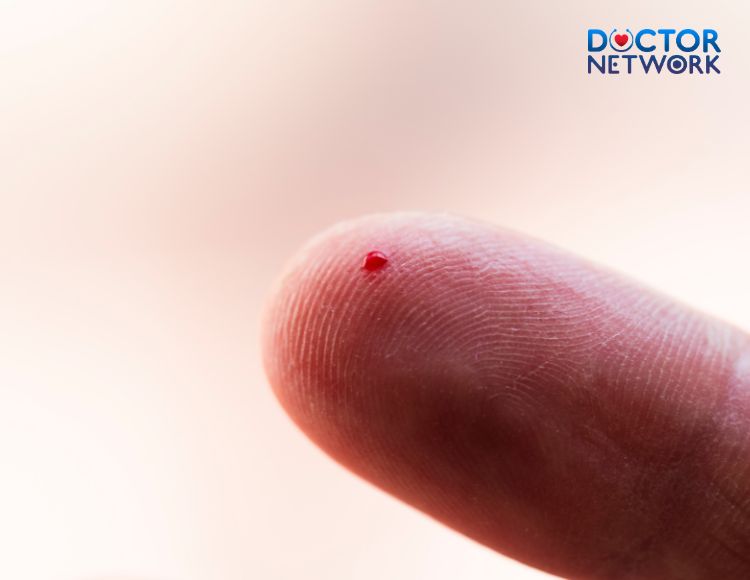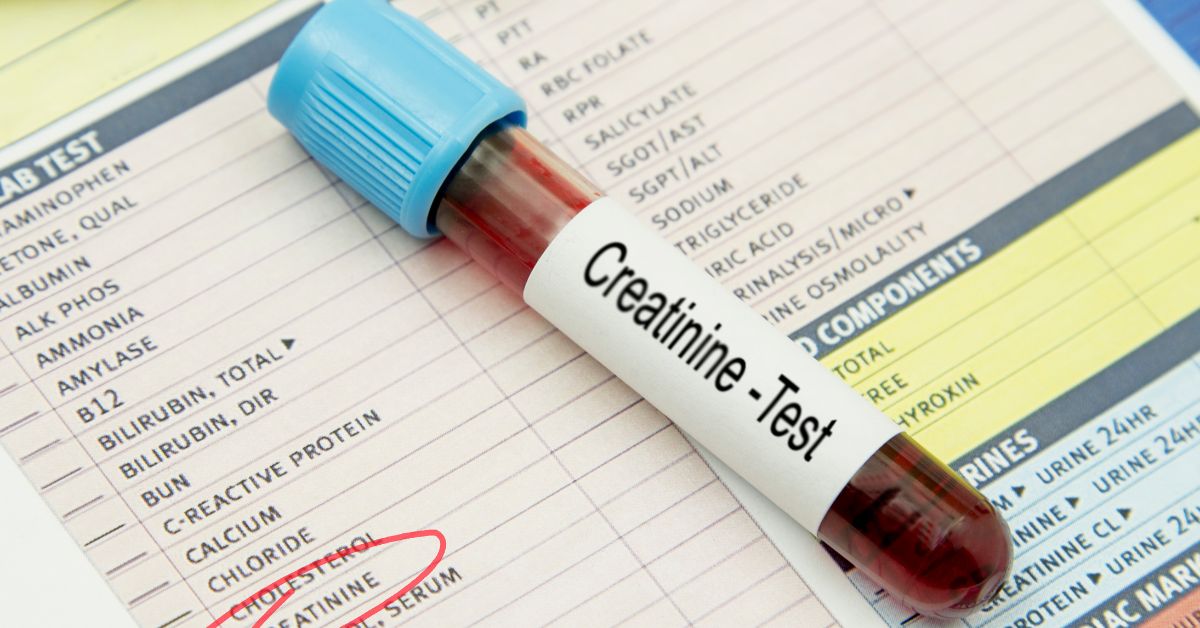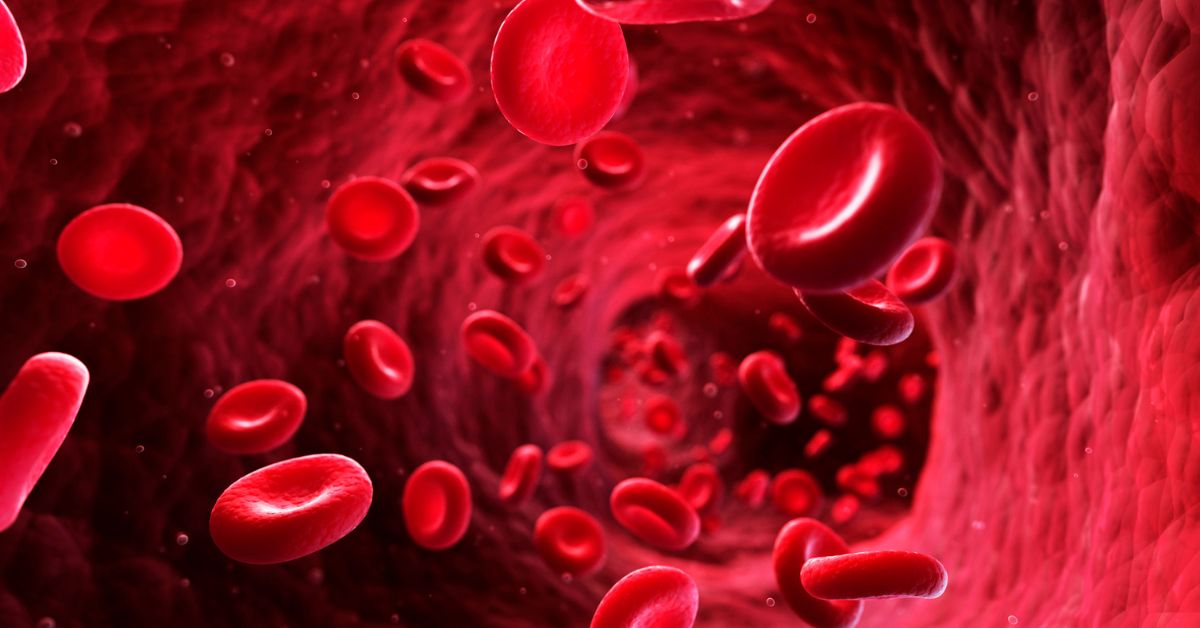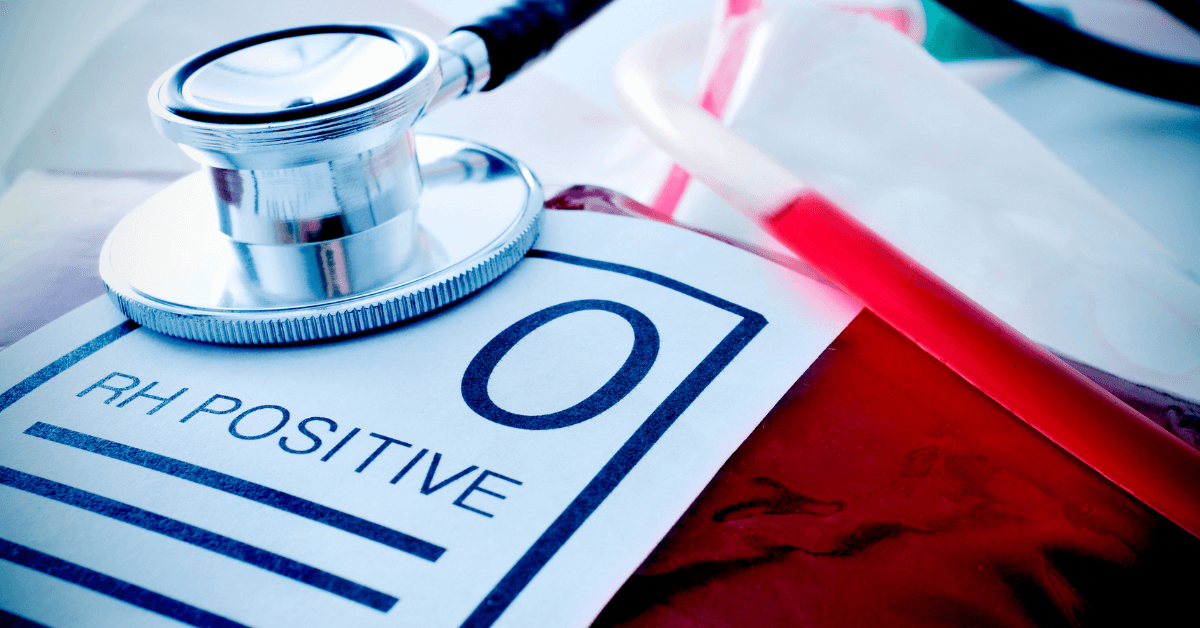Hemoglobin, the powerhouse protein in your red blood cells, plays a crucial role in your overall health and vitality. This remarkable molecule carries oxygen throughout your body, ensuring every cell receives the life-sustaining element it needs. “What is the Hgb index in blood” – is key to unlocking insights about your health, from detecting anemia to uncovering potential chronic diseases.
This comprehensive guide will explore the ins and outs of hemoglobin, from its basic function to the implications of high and low levels. We’ll delve into normal ranges, causes of abnormal levels, and treatment options. Whether you’re a health enthusiast or simply curious about your body’s inner workings, this article will equip you with the knowledge to take charge of your health.
What is the Hgb index in blood?
Hemoglobin is the superhero of your bloodstream, tirelessly transporting oxygen to every corner of your body.
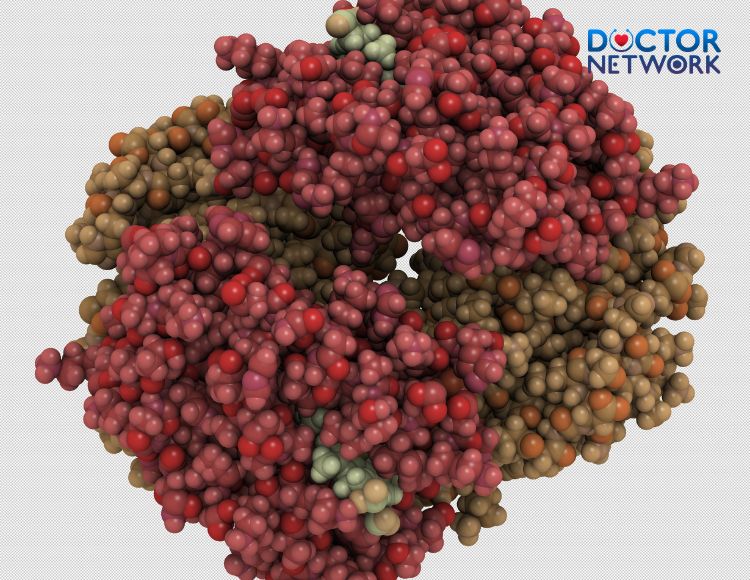
Hemoglobin is the superhero of your bloodstream, tirelessly transporting oxygen to every corner of your body
The Role of Hemoglobin in Oxygen Transport
Hemoglobin acts as a molecular courier, binding to oxygen in your lungs and delivering it to tissues throughout your body. This process is essential for cellular respiration, allowing your cells to produce energy and function properly.
Hemoglobin and Red Blood Cells: A Closer Look
Red blood cells (erythrocytes) are the vehicles that carry hemoglobin. Each red blood cell contains millions of hemoglobin molecules, giving blood its characteristic red color. The structure of hemoglobin, with its iron-containing heme groups, allows it to efficiently bind and release oxygen.
Hemoglobin Levels: A Vital Indicator of Your Health
Your hemoglobin levels serve as a window into your overall health. Abnormal levels can signal various conditions, from anemia to heart disease, making regular monitoring crucial for maintaining optimal health.
Hemoglobin Levels: What’s Normal?
Normal hemoglobin levels vary depending on several factors, including age, sex, and even altitude.
Understanding Normal Hemoglobin Ranges
Here’s a quick reference table for normal hemoglobin ranges:
| Group | Normal Range (g/dL) |
|---|---|
| Adult Men | 13.5 – 17.5 |
| Adult Women | 12.0 – 15.5 |
| Children (6-12 years) | 11.5 – 15.5 |
| Pregnant Women | 11.0 – 14.0 |
Factors Influencing Hemoglobin Levels: Age, Sex, and Altitude
Several factors can influence your hemoglobin levels:
- Age: Levels typically increase from infancy to adulthood
- Sex: Men usually have higher levels due to testosterone effects
- Altitude: Living at high altitudes can increase hemoglobin production
- Pregnancy: Levels may decrease due to increased blood volume
Levels typically increase from infancy to adulthood
Interpreting Your Hemoglobin Test Results
Understanding your test results is crucial. Values outside the normal range don’t always indicate a problem but warrant further investigation. Always consult with a healthcare professional for accurate interpretation.
Low Hemoglobin Levels: Causes and Symptoms
Low hemoglobin levels, or anemia, can significantly impact your quality of life and overall health.
Iron Deficiency Anemia: The Most Common Cause
Iron deficiency anemia tops the list of causes for low hemoglobin. This condition occurs when your body lacks sufficient iron to produce adequate hemoglobin. Common causes include poor diet, blood loss, and increased iron demands during pregnancy.
Other Causes of Low Hemoglobin: Blood Loss, Vitamin Deficiencies, and Chronic Diseases
Several other factors can lead to low hemoglobin:
- Chronic blood loss (e.g., heavy menstrual periods, ulcers)
- Vitamin B12 or folate deficiency
- Chronic diseases (e.g., kidney disease, cancer)
- Certain medications
Recognizing the Signs of Low Hemoglobin: Fatigue, Shortness of Breath, and Pale Skin
Key symptoms of low hemoglobin include:
- Persistent fatigue and weakness
- Shortness of breath, especially during physical activity
- Pale skin and mucous membranes
- Dizziness and headaches
- Cold hands and feet
If you experience these symptoms, consult your healthcare provider for a proper evaluation.
High Hemoglobin Levels: Causes and Risks
While less common, high hemoglobin levels can also indicate underlying health issues.
Understanding Polycythemia: An Overproduction of Red Blood Cells
Polycythemia vera, a rare blood disorder, causes your body to produce too many red blood cells. This overproduction leads to abnormally high hemoglobin levels and can increase the risk of blood clots.
Other Causes of High Hemoglobin: Dehydration, Lung Disease, and Certain Medications
High hemoglobin levels can also result from:
- Severe dehydration
- Chronic lung diseases (e.g., COPD, sleep apnea)
- Certain medications (e.g., anabolic steroids)
- Living at high altitudes
Potential Risks of High Hemoglobin: Blood Clots, Stroke, and Heart Attack
Elevated hemoglobin levels can increase blood viscosity, potentially leading to:
- Blood clots
- Stroke
- Heart attack
- Pulmonary embolism
Regular monitoring and appropriate treatment are essential to mitigate these risks.
Managing Hemoglobin Levels: Treatment Options
Effective management of hemoglobin levels depends on the underlying cause and severity of the condition.
Iron Supplements for Low Hemoglobin: Dosage and Side Effects
For iron deficiency anemia, oral iron supplements are often the first line of treatment. Typical dosages range from 60-200 mg of elemental iron daily. Common side effects include constipation and gastrointestinal discomfort.
Addressing Underlying Conditions: Treating Anemia and Other Medical Issues
Treating the root cause is crucial for long-term management. This may involve:
- Addressing chronic blood loss
- Managing chronic diseases
- Treating vitamin deficiencies
- Adjusting medications
Lifestyle Changes to Support Hemoglobin Levels: Diet, Exercise, and Smoking Cessation
Adopting a healthy lifestyle can help maintain optimal hemoglobin levels:
- Consume iron-rich foods (e.g., lean meats, leafy greens)
- Exercise regularly to stimulate red blood cell production
- Quit smoking to improve oxygen-carrying capacity
- Stay hydrated to maintain proper blood volume
Hemoglobin Testing: Who Needs It, What To Expect
Regular hemoglobin testing is an essential part of preventive healthcare.
Routine Hemoglobin Tests: Part of a Complete Blood Count (CBC)
Hemoglobin levels are typically measured as part of a complete blood count (CBC). This comprehensive test provides valuable information about your overall blood health.
When Special Hemoglobin Testing Is Needed: Symptoms, Pregnancy, and Chronic Conditions
Additional testing may be necessary for:
- Pregnant women
- People with chronic diseases
- Those experiencing symptoms of anemia or polycythemia
- Athletes undergoing intense training
Preparing for a Hemoglobin Test: Fasting Requirements and Other Instructions
Most hemoglobin tests don’t require special preparation. However, always follow your healthcare provider’s instructions, as some tests may require fasting or medication adjustments.
Additional Considerations: Hemoglobinopathies and Thalassemia
Inherited disorders can significantly impact hemoglobin production and function.
Inherited Hemoglobin Disorders: Impact on Hemoglobin Production
Hemoglobinopathies, such as sickle cell disease, affect the structure of hemoglobin molecules. These conditions can lead to abnormal hemoglobin levels and various health complications.
Thalassemia: A Group of Genetic Blood Disorders Affecting Hemoglobin
Thalassemia is a group of inherited disorders that affect hemoglobin production. It can range from mild to severe, depending on the specific genetic mutation involved.
Diagnosis and Treatment of Hemoglobinopathies and Thalassemia
Diagnosis typically involves blood tests and genetic screening. Treatment options vary depending on the specific disorder and may include blood transfusions, iron chelation therapy, or bone marrow transplants in severe cases.
Hemoglobin Levels: A Vital Piece of Your Health Puzzle
Understanding your hemoglobin levels is crucial for maintaining optimal health and preventing potential complications.
The Importance of Regular Hemoglobin Testing
Regular monitoring allows for early detection of abnormalities and timely intervention. Incorporate hemoglobin testing into your routine health check-ups.
Seeking Medical Advice: When to Consult a Healthcare Professional
Don’t hesitate to consult your healthcare provider if you:
- Experience symptoms of low or high hemoglobin
- Have a family history of blood disorders
- Are pregnant or planning to become pregnant
- Have chronic health conditions
Seeking Medical Advice
Understanding Your Hemoglobin Levels: Empowering You to Take Charge of Your Health
Knowledge is power. By understanding your hemoglobin levels and their implications, you can make informed decisions about your health and work closely with your healthcare team to maintain optimal well-being.
Frequently Asked Questions about “What is the Hgb index in blood”
- Can diet alone correct low hemoglobin levels? While a balanced diet rich in iron and other essential nutrients can help, severe anemia may require medical intervention and supplements.
- How quickly can hemoglobin levels change? Hemoglobin levels can change gradually over weeks or months, but sudden changes may occur due to acute blood loss or certain medical conditions.
- Can exercise affect hemoglobin levels? Regular exercise can stimulate red blood cell production, potentially increasing hemoglobin levels. However, excessive endurance training may temporarily lower levels.
- Is it possible to have normal hemoglobin levels but still be anemic? Yes, in some cases of iron deficiency, hemoglobin levels may remain normal while other indicators, such as ferritin levels, show deficiency.
- How do hemoglobin levels affect athletic performance? Optimal hemoglobin levels are crucial for athletic performance, as they determine the oxygen-carrying capacity of blood. Both low and excessively high levels can impair performance.
References:
https://www.vinmec.com/eng/article/what-does-the-hgb-number-in-a-blood-test-mean-en
https://www.healthline.com/health/hgb
https://www.ncbi.nlm.nih.gov/books/NBK259/
Kiểm Duyệt Nội Dung
More than 10 years of marketing communications experience in the medical and health field.
Successfully deployed marketing communication activities, content development and social networking channels for hospital partners, clinics, doctors and medical professionals across the country.
More than 6 years of experience in organizing and producing leading prestigious medical programs in Vietnam, in collaboration with Ho Chi Minh City Television (HTV). Typical programs include Nhật Ký Blouse Trắng, Bác Sĩ Nói Gì, Alo Bác Sĩ Nghe, Nhật Ký Hạnh Phúc, Vui Khỏe Cùng Con, Bác Sỹ Mẹ, v.v.
Comprehensive cooperation with hundreds of hospitals and clinics, thousands of doctors and medical experts to join hands in building a medical content and service platform on the Doctor Network application.





